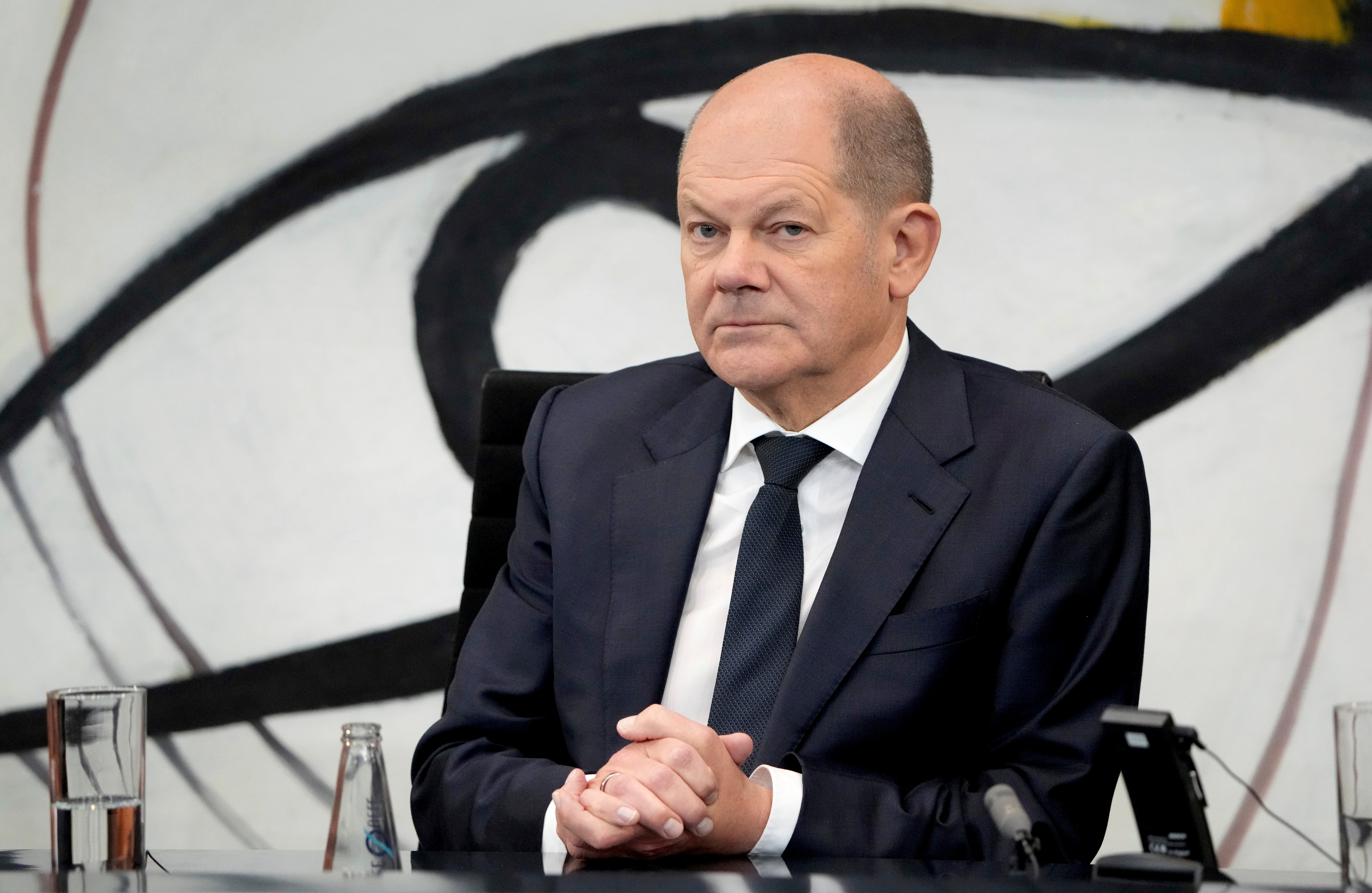Qatar to supply liquefied natural gas to Germany from 2026
Qatar is to supply liquefied natural gas to Germany under a 15-year deal as the European economic powerhouse scrambles to replace Russian gas supplies that were cut during the ongoing war in Ukraine

Your support helps us to tell the story
From reproductive rights to climate change to Big Tech, The Independent is on the ground when the story is developing. Whether it's investigating the financials of Elon Musk's pro-Trump PAC or producing our latest documentary, 'The A Word', which shines a light on the American women fighting for reproductive rights, we know how important it is to parse out the facts from the messaging.
At such a critical moment in US history, we need reporters on the ground. Your donation allows us to keep sending journalists to speak to both sides of the story.
The Independent is trusted by Americans across the entire political spectrum. And unlike many other quality news outlets, we choose not to lock Americans out of our reporting and analysis with paywalls. We believe quality journalism should be available to everyone, paid for by those who can afford it.
Your support makes all the difference.Qatar is to supply liquefied natural gas to Germany under a 15-year deal signed Tuesday as the European economic powerhouse scrambles to replace Russian gas supplies that have been cut during the ongoing war in Ukraine.
Officials gave no dollar value for the deal, which would begin in 2026. Under the agreement, Qatar would send up to 2 million tons of the gas to Germany through an under-construction terminal at Brunsbuettel.
The deal involves both Qatar Energy, the nation’s state-run firm, and ConocoPhillips, which has stakes in Qatar’s offshore natural gas field in the Persian Gulf that it shares with Iran.
As European countries have supported Ukraine after Russia’s invasion in February, Moscow has slashed supplies of natural gas used to heat homes, generate electricity and power industry. That has created an energy crisis that is fueling inflation and increasing pressure on companies as prices have risen.
Germany, which got more than half its gas from Russia before the war, hasn’t received any gas from Russia since the end of August.
The country is building five liquefied natural gas terminals as a key part of its plan to replace Russian supplies, and the first are expected to go into service shortly. Much of Germany’s current gas supply comes from or via Norway, the Netherlands and Belgium.
Germany's drive to prevent a short-term energy crunch also includes temporarily reactivating old oil- and coal-fired power stations and extending the life of the country's last three nuclear power plants, which were supposed to be switched off at the end of this year, until mid-April.
Chancellor Olaf Scholz, who visited Qatar in September, welcomed the deal, saying the long-term contract was important for Germany's energy security.
“Overall we will ensure that we have a lot of different countries which ensure our energy supply,” Scholz said. “As such, I'm confident that this is a further important building block for a house that we've already largely built.”